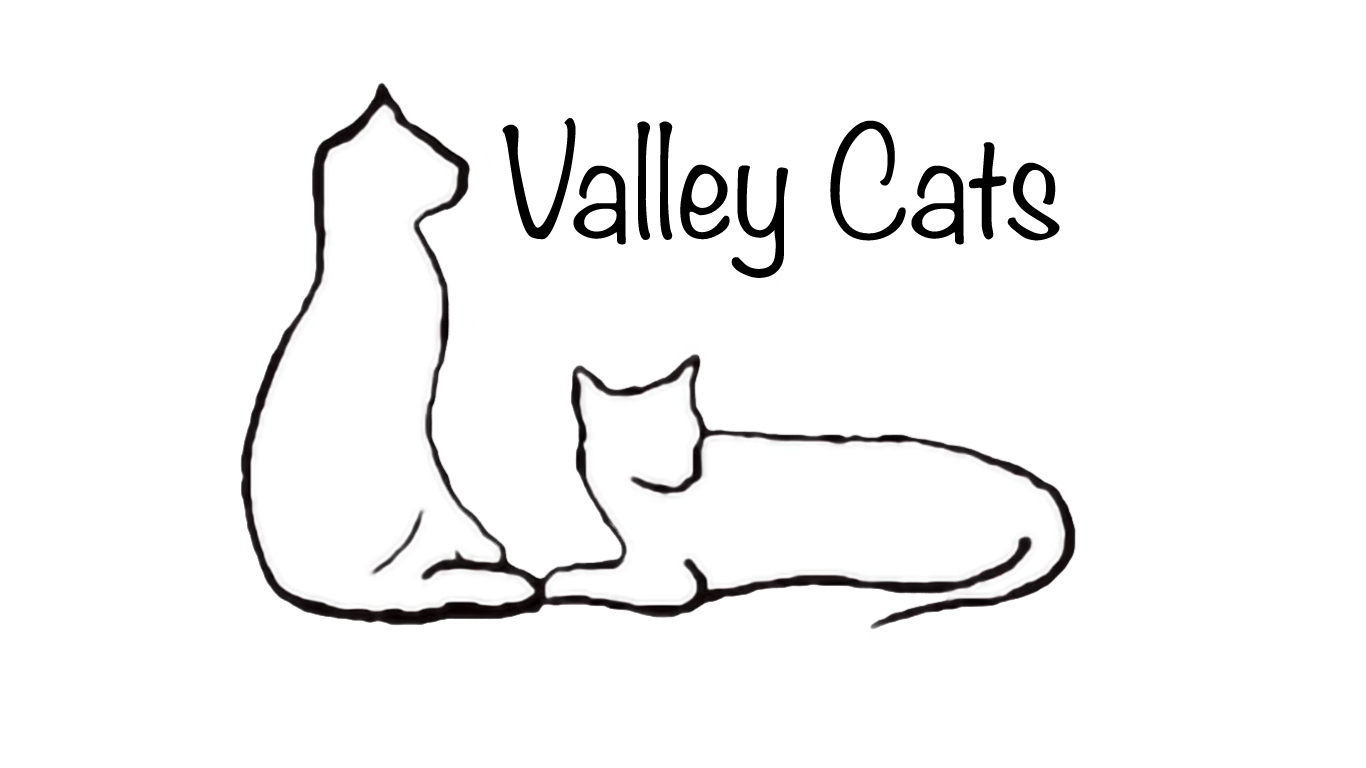Inflammatory Bowel Disease
As a veterinarian, I have heard this story many times from frustrated clients. They arrive home and are greeted with a smelly disaster in their kitchen or living room, courtesy of the dog or cat. These animals don’t mean to make a gastrointestinal mess (which often seems disproportionately large compared to the size of the animal). The culprit is inflammatory bowel disease (IBD), a condition that can lead to uncontrollable and unpredictable bouts of vomiting and diarrhea.
CAUSES AND SYMPTOMS
IBD results from the infiltration of inflammatory cells into the mucosa (lining) of the intestines. Diagnosis is frequently made from observed signs and/or the resolution of these signs with dietary changes. However, confirmation usually requires a biopsy of the intestine, either surgically or during an endoscopic examination of the stomach and bowel.
The most common pathologic diagnosis is lymphocytic-plasmacytic enteritis or enterocolitis, but other types of IBD include eosinophilic enteritis, suppurative colitis and granulomatous enterocolitis. Chronic inflammation can increase in severity over time if not properly addressed, and in cats, this inflammation can lead to cancer. Gastrointestinal lymphoma can be a consequence of long-standing IBD in cats.
The signs of IBD are related to the gastrointestinal tract, and include (but are not limited to) chronic diarrhea, vomiting, anorexia (not eating), lethargy and weight loss. Being perverse, cats can show increased appetite (polyphagia) instead. In severe cases of intestinal inflammation, animals can lose protein through the bowel wall; this is known as protein-losing enteropathy. If the protein loss is severe enough, edema in the limbs or underside of the belly can occur.
THERE ARE A VARIETY OF CAUSES OF IBD IN DOGS AND CATS:
The most common is food allergy or intolerance. Antigens (proteins) in the animal’s food stimulate an immune response, resulting in inflammation of the intestines.
Another potential cause is chronic stress or anxiety. While the exact mechanism is not understood, it is conceivable that chronic stress can manifest as gastrointestinal symptoms. Anyone who has ever had to bolt to the bathroom during a stressful event would agree.
Another cause is the overuse of antibiotics, which creates an environment of “dysbiosis”. Proponents of this theory believe that antibiotic use (or the ingestion of any substance that can harm bacteria in the gut) creates an imbalance between the “protective” and “harmful” bacteria in the intestines. As the “harmful” bacteria increase in numbers, inflammation ensues.
THERE ARE MANY TREATMENT OPTIONS
Once a diagnosis of IBD has been made, there are a variety of treatment options to consider.
Conventional treatment includes medications to mediate symptoms, such as anti-emetics for vomiting and antibiotics for diarrhea. The underlying inflammation can be treated with immune-suppressants such as steroids or cyclosporine.
The other commonly used treatment involves prescription diets that utilize a variety of mechanisms to decrease the antigens in the food and allow the inflammation in the bowel to subside. Some diets limit the numbers of antigenic ingredients; for example, by reducing the number of protein sources. Another tactic is to hydrolyze the proteins. This means the protein molecules are broken down to a size that is too small to stimulate the immune response. These diets may also avoid other common allergens, such as corn, soy and wheat. Some people wish to home-cook or use raw diet options. It can be difficult to formulate a diet that is complete and meets your dog or cat’s daily vitamin and mineral needs, however, so if you wish to home-prepare your animal’s food, consult with an integrative or holistic veterinarian first.
Alternative therapies that can help with IBD may be used on their own or to supplement conventional treatment.
Acupuncture may not be the first thing that jumps to mind when treating gastrointestinal problems, but it can be helpful for the acute symptoms of vomiting and cramping that cause abdominal pain.
Chinese herbs can also effectively deal with intestinal cramping and spasm, while addressing the underlying inflammation. There are many Chinese herbal formulas that treat a variety of disease patterns, such as Dampness or Stasis in the Stomach. While these herbs are readily available, a veterinarian trained in Chinese herbals will help direct you to the appropriate formula for your dog or cat’s specific pattern of symptoms.
Western herbs can also help treat IBD in animals; they have anti-inflammatory, anti-spasmodic and immuno-modulatory effects. Immuno-modulatory herbs can influence the function of the immune system – in this case, decreasing the gut’s over-responsiveness. Examples of herbs that are helpful for intestinal issues include chamomile, calendula, astragalus and slippery elm bark. Again, a veterinarian trained in herbal treatments will help you select the correct herbs for your own companion’s particular situation.
Dietary supplements are another option to consider.
Probiotics are good for a variety of conditions. They can aid in the absorption of nutrients and vitamins, as well as assist with the digestion of carbohydrates and short chain fatty acids.
Omega fatty acids are have anti-inflammatory properties and are frequently recommended to treat arthritis and allergic skin disease.
Vitamins can also be helpful for animals with IBD. Those with severe conditions may have difficulty absorbing the nutrients in their food, and supplementation ensures they won’t suffer from deficiencies. You need to be careful, however, as it is easy to go overboard with vitamins, the variety of available products is dizzying, and there are many unreliable products on the market. If your veterinarian feels that vitamin supplementation is needed, consult with him or her about which products they trust.
If your dog or cat has been diagnosed with IBD, fear not. There are many options for treatment, and with the right combination of therapies for your animal’s individual needs, unwanted symptoms can be well-managed. Most animals with IBD live normal lives. With the help of your veterinarian and some patience, you can look forward to fewer messes and a happier, healthier companion.
